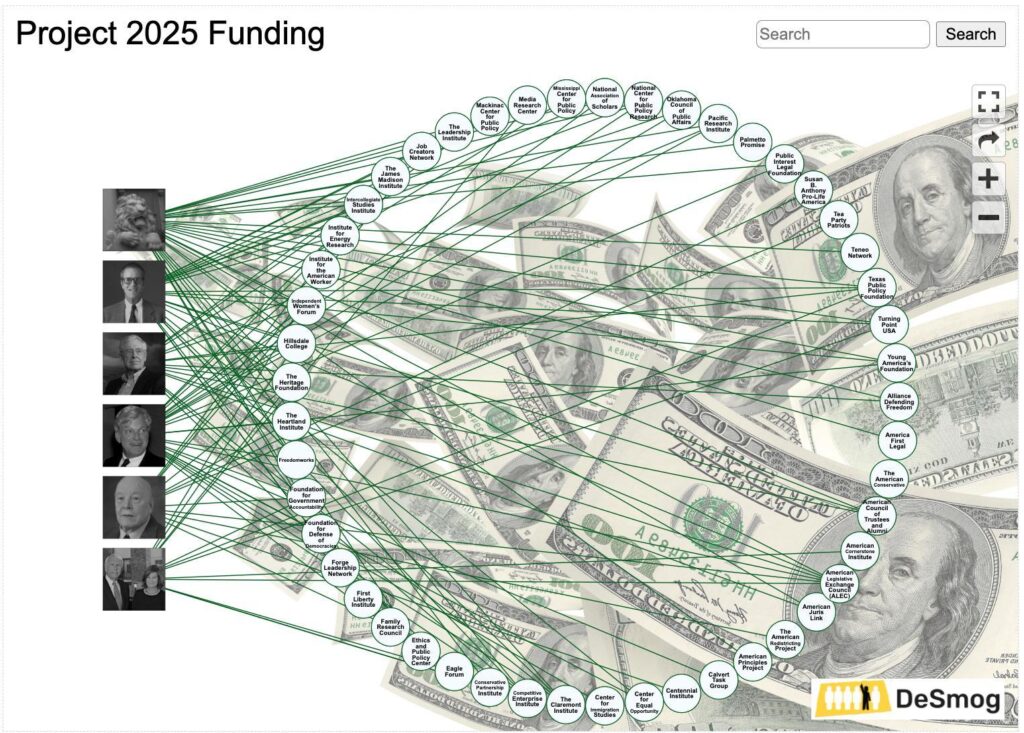This link andshort, sharp analysis from Alison at Creekside:
From CTV : Strategic Council Poll – Most willing to sacrifice for environment
93% of those surveyed said they were willing to make some kind of sacrifice to solve global warming
76 % are willing to pay to have their houses retro-fitted to become more energy efficient
73 % would reduce the amount they fly to times when it is only absolutely necessary
72 % would pay more for a fuel-efficient car
62 % are willing to have the economy grow at a significantly slower rate
61 % would reduce the amount they drive in half.
The poll also found that 64 % of survey respondents said they were not ready to pay significantly higher prices for gasoline or home heating fuel.
Meaning that 36% of people who’d just had their dinner interrupted said they would be willing to support a significant oil and gas price increase out of their own pockets.
That’s huge.
Subscribe to our newsletter
Stay up to date with DeSmog news and alerts







